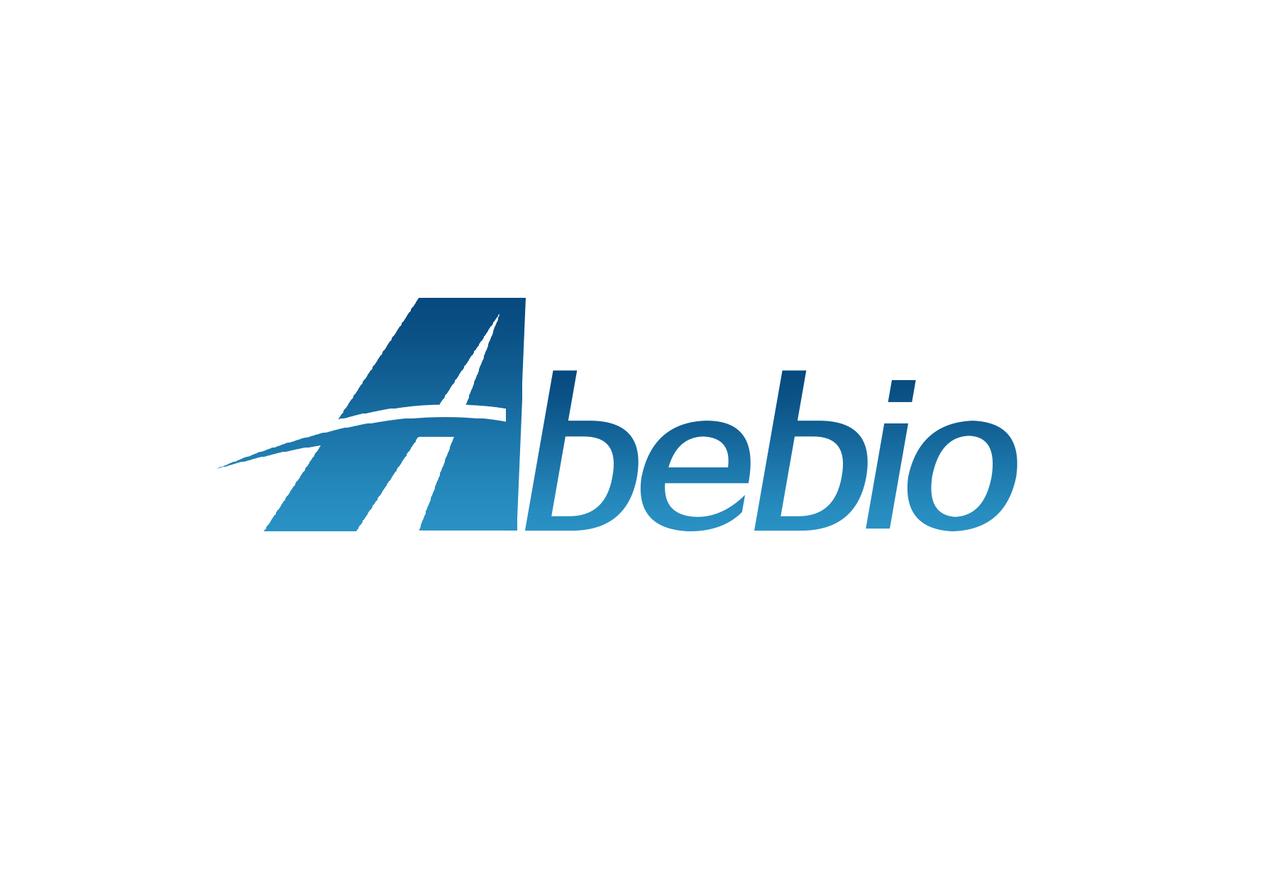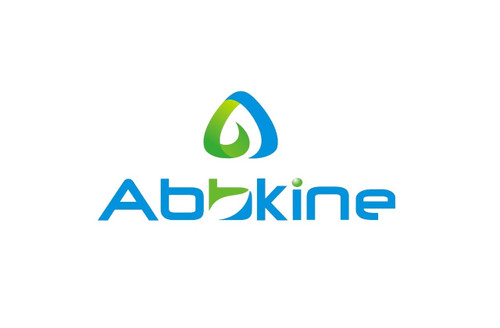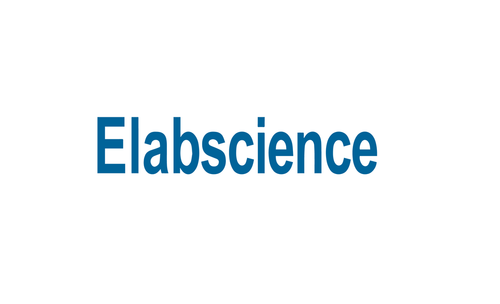Product Description
Rat Angiopoietin-like 3 (ANGPTL3) ELISA Kit | AE61784RA | Abebio
Species Reactivity: Rat (Rattus norvegicus)
Abbreviation: ANGPTL3
Alternative Name: N/A
Application: ELISA
Range: 15.6-1000 pg/mL
Sensitivity: 6.4 pg/mL
Intra-Assay: ≤6.8%
Inter-Assay: ≤9.6%
Recovery: 1, 02
Sample Type: Serum, Plasma, Other biological fluids
Detection Method: Sandwich
Analysis Method : Quantitive
Test Principale: This assay employs a two-site sandwich ELISA to quantitate ANGPTL3 in samples. An antibody specific for ANGPTL3 has been pre-coated onto a microplate. Standards and samples are pipetted into the wells and anyANGPTL3 present is bound by the immobilized antibody. After removing any unbound substances, a biotin-conjugated antibody specific for ANGPTL3 is added to the wells. After washing, Streptavidin conjugated Horseradish Peroxidase (HRP) is added to the wells. Following a wash to remove any unbound avidin-enzyme reagent, a substrate solution is added to the wells and color develops in proportion to the amount of ANGPTL3 bound in the initial step. The color development is stopped and the intensity of the color is measured.
Product Overview: Angiopoietin-like protein 3 (ANGPTL3) is a member of the angiopoietin-like family of secreted factors. It is predominantly expressed in the liver, and has the characteristic structure of angiopoietins, consisting of a signal peptide, N-terminal coiled-coil domain and the C-terminal fibrinogen (FBN) -like domain. The FBN-like domain in angiopoietin-like 3 protein was shown to bind alpha-5/beta-3 integrins, and this binding induced endothelial cell adhesion and migration. This protein may also play a role in the regulation of angiogenesis. Angptl3 also acts as dual inhibitor of LPL and EL, and increases plasma triglyceride and HDL cholesterol in rodents. ANGPTL3 inhibit endothelial lipase to catalyze HDL-phospholipid and increase HDL-PL levels. Circulating PL-riched HDL particles have high cholesterol efflux abilities.
Stability: The stability of ELISA kit is determined by the loss rate of activity. The loss rate of this kit is less than 5% within the expiration date under appropriate storage condition. The loss rate was determined by accelerated thermal degradation test. Keep the kit at 37°C for 4 and 7 days, and compare O.D.values of the kit kept at 37°C with that of at recommended temperature. (referring from China Biological Products Standard, which was calculated by the Arrhenius equation. For ELISA kit, 4 days storage at 37°C can be considered as 6 months at 2 - 8°C, which means 7 days at 37°C equaling 12 months at 2 - 8°C) .
 Euro
Euro
 USD
USD
 British Pound
British Pound
 NULL
NULL












